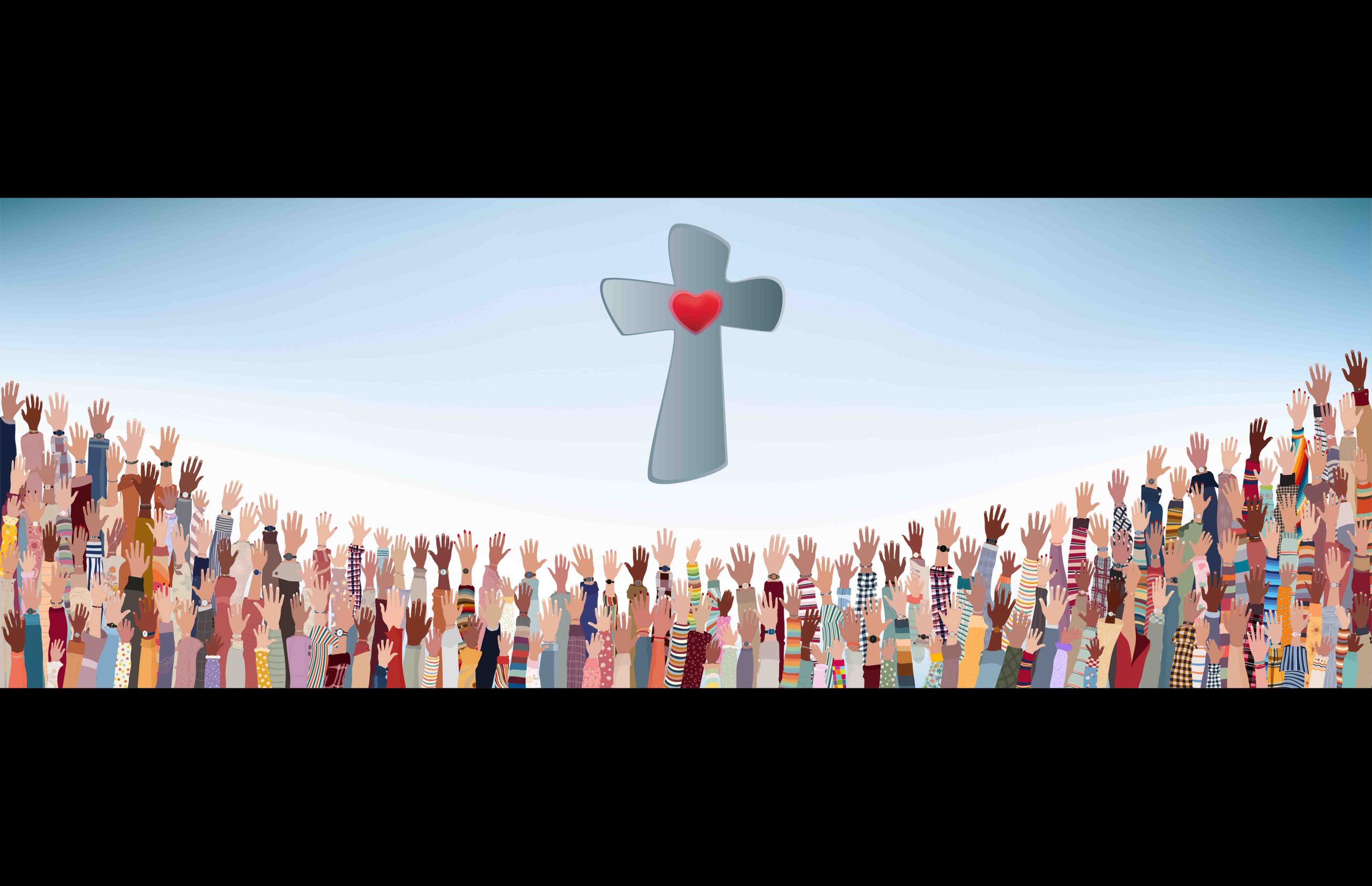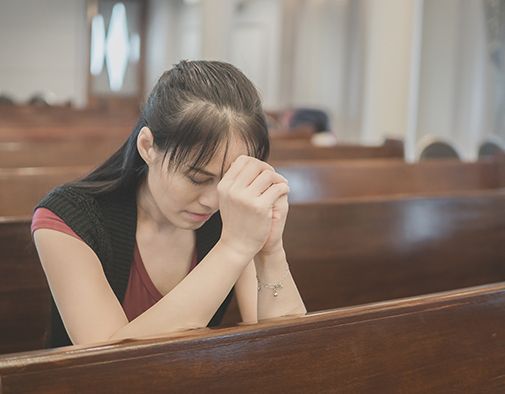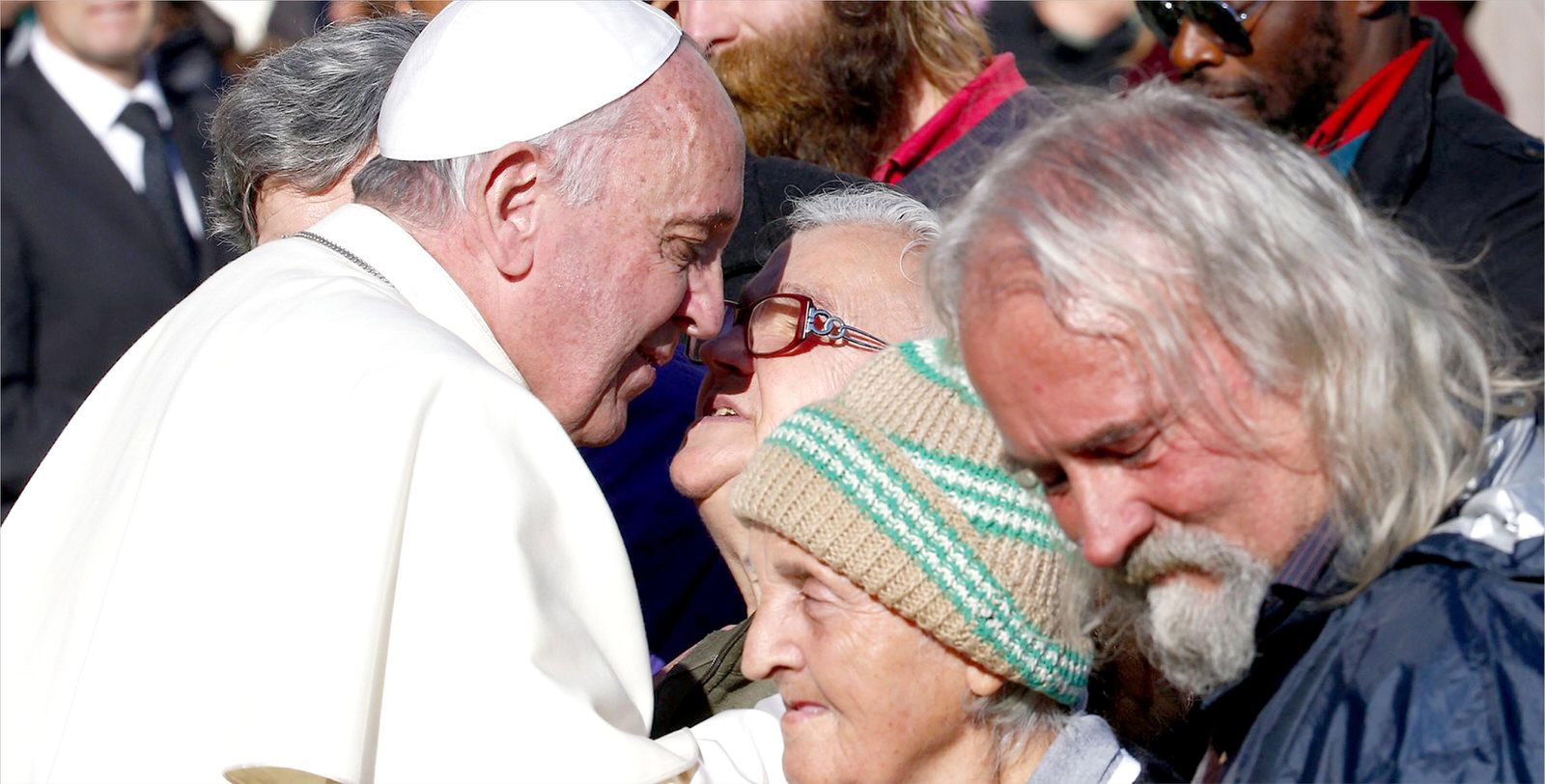The Pope is inviting Catholics to take the Bible seriously and read it as part of their Christian discipline. It will be a pity if that turns in people’s minds into a Bible challenge – perhaps reading from Genesis to Revelation in a single year, with every book treated as the same kind of thing.
The first essential thing to note in Bible-reading is to recognize that the Bible is a compendium of different works: biblia in Greek is a plural, “books.” And when read in the right way, with discrimination, a journey through “the books” can be an exciting one.
I suggest that you begin with the books that make up the New Testament, which give us the core and centre of faith. The most interesting route lies in starting with those written first and then passing from one to the other in a roughly chronological order. That means beginning with St. Paul, who wrote about two decades after the crucifixion of Jesus.
Beginning With St. Paul
Paul was Jesus’ contemporary, more or less, although he does not seem to have known Him in the flesh. In our New Testament, Paul’s letters are arranged in order of length, with the longest first, but with the help of the story of his life recorded in Acts, we can work out the probable chronological order in which he wrote them. Paul’s first letter – and so the first piece of Christian writing we possess – is 1 Thessalonians. However, a good place to start might be with another early letter, written to the Galatians.
In Galatians, written to a church he had founded in what is now Turkey, Paul already provides the main themes of the Christian Gospel: that Christ died to take away sin and rose from the dead, and that salvation lies in faith in Him and membership of His Church, and in living a moral and upright life. His context, however, is sharply polemical. It concerns the question of whether non-Jewish Christians, who had already formed the majority of church members, needed to become Jews in order to be Christians. Some other (unnamed) apostles had been teaching this – with, Paul implied, the connivance of Peter.
But in teaching this, Peter was unsound, according to Paul: the great good news of the Gospel is that salvation lies through faith in Christ for all, whether Jew or Gentile, and no conversion to Judaism is required of Gentiles who believe in Jesus. They acquired the old Scriptures of the Jews, what we call the Old Testament, as part of their patrimony, but they did not actually need to become Jews through circumcision and taking on what later rabbis would call “the yoke of the Law”.
By starting the journey through the Bible with Paul’s letter to the Galatians, you realise that the central elements of the Christian Gospel were already clear in the middle of the first century A.D., and that even then there were theological and social questions that were hotly disputed. There never was a time when there were not divisions in the Church even on some central issues.
In Paul’s letters we see the Church coming to faith through dispute and argument, with Paul himself quite a truculent campaigner for his own take on the Gospel and its implications. In a slightly later letter, 1 Corinthians, we learn that there were, on the other hand, elements of the faith that had been handed down to him by even earlier believers and which he never doubted.
One is the truth of Christ’s resurrection, and another is the centrality of the Eucharist. If we had only Galatians and 1 Corinthians, we would already know a great deal about the earliest Christians.
Next come 2 Corinthians, Romans, Philippians, and then Philemon. Romans develops the themes of Galatians, and is addressed to a church that Paul himself had not founded. It is disputed whether Colossians and Ephesians are really by Paul, although they clearly develop themes in his message and should naturally be read.
Gospels
After that, it is time to turn to the Gospels, all written after Paul’s death, even though the sayings and deeds of Jesus they record must have been known by the Christians who taught Paul. The oldest, by general consent, is also the shortest: Mark. Ancient tradition claims that it has links with Peter, though most scholars no longer think it was written in Rome, but more likely in Syria.
Matthew, Luke and John follow on from Mark, but John is radically different from the three “synoptic” Gospels in almost every way, and readers often have an uneasy feeling that they are meeting a different Jesus, who no longer teaches in pithy sayings but in extended homilies, mostly about His own relationship to God the Father.
John is a puzzle and a mystery, even though it contains many themes that all Christians value, such as the Lord as the Good Shepherd, seen in very early Christian iconography. Luke’s Gospel has a second volume, the Acts of the Apostles, in which the growth of the early Church is described, as well as the exploits of Paul. It is the easiest book to read in the New Testament as it tells a continuous story.
A slogan I find useful for describing the New Testament is “the Bible tells us what we cannot tell ourselves.” This is true at an obvious level: we would not know about Jesus and His disciples if the New Testament had not been written. But it is also true in a more profound way. The whole Christian mystery of faith is expounded in the New Testament, though it is through narrative, argument and teaching rather than through doctrinal definitions. Reading the Bible means getting used to this more oblique mode of learning about the ways of God.
Old Testament
Leaving aside for now the rest of the New Testament, it may be time to tackle the Old. Its sheer size makes it daunting, and not all of it is regarded by most Christians as essential to the faith. Old Testament chronology is a minefield, and my own preference is to read the books by category or genre. The first to read are the narrative books, but these reach all the way from Genesis to Maccabees, and would be a Bible challenge in themselves.
To get the flavour, the books of Samuel are the ideal starting point, and can be read right through as one might read a novel. The style is strange to a modern reader, though one soon gets accustomed to it (especially using a modern version such as one of the Jerusalem Bible family). But the content is all too familiar, since it concerns human foibles and the effects of wrongdoing in families. The account of the intrigues and murders at David’s court (2 Samuel 9-20) is particularly vivid.
Christian readers tend to expect the Bible to be edifying, and many of the stories in Samuel – and elsewhere too – hardly seem to be so: some are quite shocking. Here is a slogan that can help with the Old Testament: “The Bible tells us who we are.” We expect the Bible to tell us about God, but much of the Old Testament is focused on describing and analysing the nature of human beings. This is most obvious in the books I would go to next, the so-called teaching or “wisdom” literature: Proverbs, Ecclesiastes, Job, and Sirach (sometimes called Ecclesiasticus). Here we find ideas about the human person in society, mostly presented not as divine revelation but as reflection on humanity in the context of God’s providence.
No one is likely to agree with it all: Proverbs often doesn’t agree with itself, and Job questions whether any sense can be made of life at all, as does Ecclesiastes. Most of this literature was produced in the last couple of centuries BC, later than Plato, Aristotle and the Greek tragedies, whereas the books of Samuel might be as old as Homer.
Now it is time to tackle Genesis and the first part (chapters 1-24) of Exodus, stories about very early times but mostly not actually written any earlier than Samuel, and in some cases later. These writings are complex, the result of interweaving what are sometimes alternative accounts of the same events.
Anyone interested in how the Bible came into being – not everyone is – might well read Genesis 6–9, the story of Noah’s flood, and try to work out how many animals went into the ark and how long the flood lasted. The story starts to buckle in front of one’s eyes in a kaleidoscopic way. Two alternative versions, with different concerns, seem to have been blended together in a rather unstable way.
Genesis and Exodus (together with Leviticus and Numbers) tell the story of early Israel, indeed a version of the story of the world, but they also contain many directives issued by God, most famously the Ten Commandments, together with an immense amount of ritual legislation.
The project of trying to read the Bible in order generally grinds to a halt in Leviticus, precisely because this material is of so little interest to most Christian readers, important though it remains in Judaism. The answer is to skip it unless you want to be a Scripture specialist.
The Old Testament is the intellectual background for Jesus and His followers, and that includes the ritual regulations. However, the Church soon sidelined them, following Paul’s conviction that the details of the Jewish law were not binding to Christians.
Prophets
The prophets are the most obscure part of the Old Testament, although modern Bibles (again, especially those in the Jerusalem Bible family) provide helpful notes. Early Christians foregrounded prophecy when they read the old Scriptures, believing they foretold the coming of Christ, but this really applies to very few passages, and those are often quite unclear.
Most modern Christians have tacitly abandoned the attempt to read all prophecy as messianic in character. In the process, they have rediscovered the social teaching of the prophets, nowhere clearer than in the short book of Amos, which inveighs against social injustices and is very much what modern Christians understand as a “prophetic” work.
Finally, the journey might end with the Psalms. This is the best known part of the Old Testament, not only in the responsorial forms used at Mass, but also as a long-standing part of many Christians’ devotional practice, and they form the backbone of the Divine Office. They need to be savoured individually, not read straight through. In the Psalms, as in the Old Testament in general, “all human life is there.”
There are many schemes for reading the Bible, but most tend to aim at comprehensiveness. I suggest a more gradual way into these books, which speak, as Martin Luther put it, of sinful and lost humanity and the God who justifies and saves it. Published in The Tablet



























